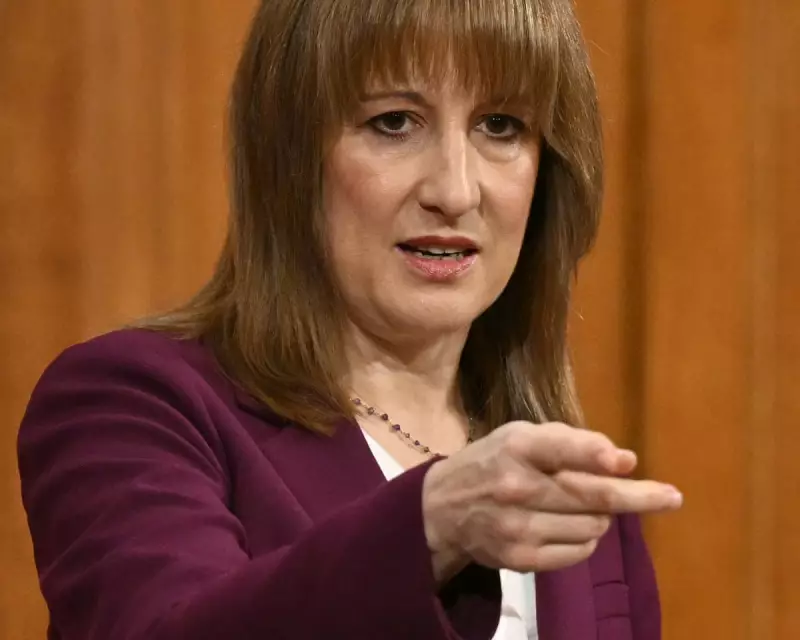
In a highly anticipated address that sent ripples through Westminster, Chancellor Rachel Reeves has broken her silence on the government's economic strategy, confirming that significant tax reforms will form the cornerstone of next month's budget.
Confronting Brexit Realities
The Chancellor didn't shy away from addressing the elephant in the room—the ongoing economic consequences of Brexit. Reeves revealed plans to implement new post-Brexit tariffs designed to protect key British industries while acknowledging they would likely increase costs for consumers in certain sectors.
Tax Rises on the Horizon
While stopping short of detailing specific figures, Reeves made clear that tax increases are inevitable. "We must be honest with the British public about the challenges we face," she stated during her speech. "The economic landscape has fundamentally shifted, and our response must match the scale of the moment."
Key Areas Under Scrutiny
- Reform of business taxation to support domestic manufacturing
- Adjustments to personal tax thresholds to address fiscal pressures
- New tariff structures for EU imports to protect British producers
- Measures to support industries hardest hit by post-Brexit trade barriers
A New Economic Direction
The speech marks a significant departure from previous government rhetoric, with Reeves emphasising that "ideology must give way to practical economic realities." Her comments suggest the government is preparing to take a more interventionist approach to steering the UK economy through turbulent waters.
Political analysts suggest this budget could define the government's economic credibility, balancing the need for fiscal responsibility with the political reality of delivering on election promises during challenging economic times.






